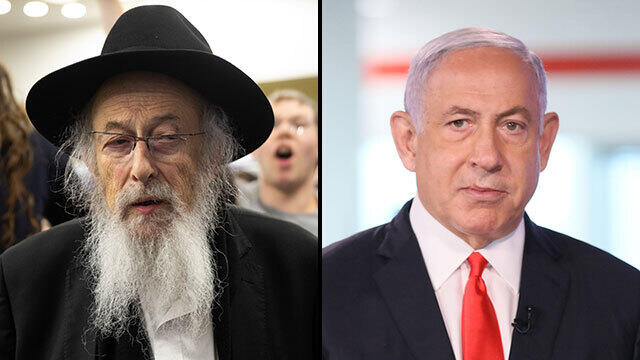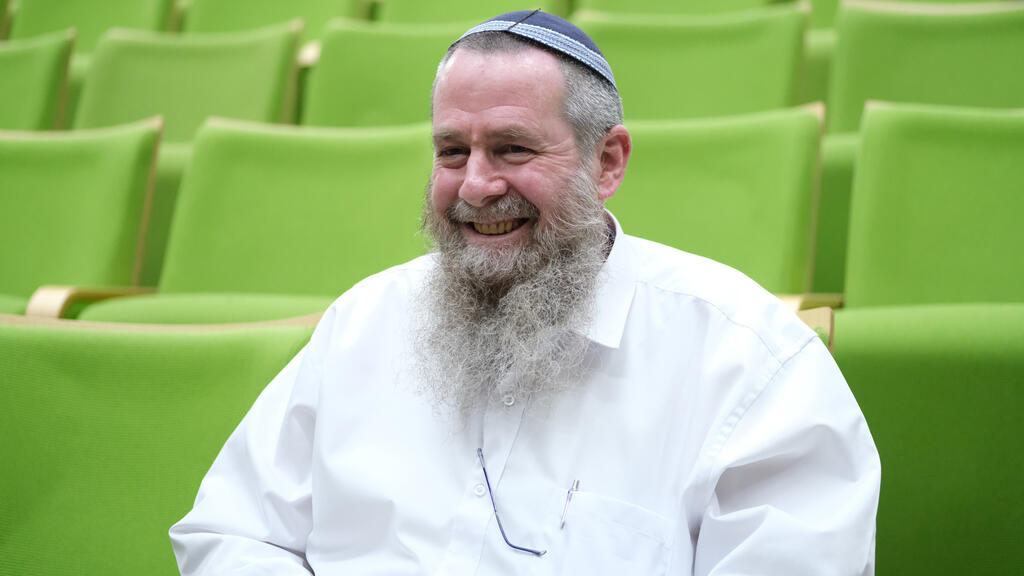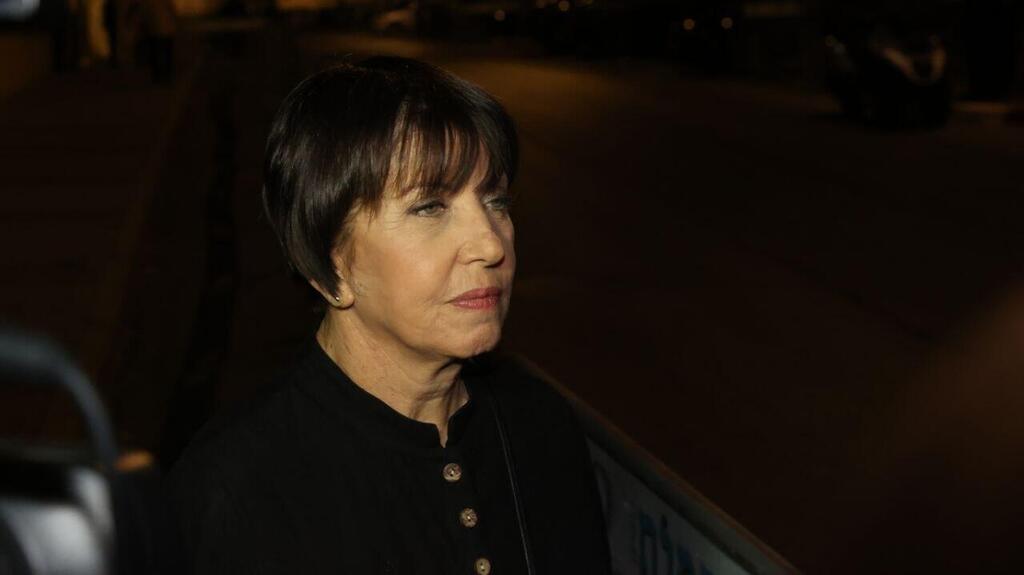Getting your Trinity Audio player ready...
Benjamin Netanyahu on Wednesday met with religious Zionist Rabbi Zvi Thau, leader of the far-right Noam party, fiercely opposed to LGBT rights.
Netanyahu was seeking to bolster the union of the far-right alliance, which includes Bezalel Smotrich and the controversial Itamar Ben-Gvir ahead of the deadline for political parties to present their candidate lists for the November elections.
Noam, which had been a part of the alliance in the outgoing Knesset, had promoted extreme conservative views on Israeli society and faith.
Rabbi Zvi Thau, the party's spiritual leader called homosexuals "sexual perverts and cursed people", and said that a woman's place is in the home and not in the public sphere."
The party announced that after consideration of their options, including a possible run independently, it had decided to join Smotrich and Ben Gvir after meeting with Netanyahu, and that Member of Knesset Avi Maoz, a member of Noam, will be part of the religious Zionist alliance.
Politicians across the political divide condemned Netanyahu's move. Prime Minister Yair Lapid's Yesh Atid party said the Likud leader once again favored his personal survival. "What did he promise Avi Maoz?" the party asked in a statement. "We are willing to be he offered Noam gay therapy in schools or a ban on abortions. This is a danger to Israel," the party said.
The right-wing Jewish Home party said the alliance with people who humiliate women and call the LGBTQ community - perverts, is sacrileges. "Religious people do not hate other people or groups that are different, a member of Jewish Home said. "I am ashamed," he said.
Zehava Gal-On who heads the leftist Meretz party said Netanyahu was courting a "hate group."
"After selling the future of education to the Haredi parties, Bibi now meets with Rabbi Thau of the hate groups that said women belong in the house and not in the public sphere, and called to ostracize a community because it commemorated pride month," she said.
Earlier this week, Netanyahu reportedly promised to provide funding to ultra-Orthodox schools, even when they do not provide their students with basic education in English, math and sciences - in exchange for Haredi factions continuing their joint run despite internal disputes.
Had they opted to run separately, one of both factions were in risk of failing to achieve the minimum votes needed to pass the Knesset threshold, and therefor weaken Netanyahu's right-wing and religious bloc's chances to form the next government.




